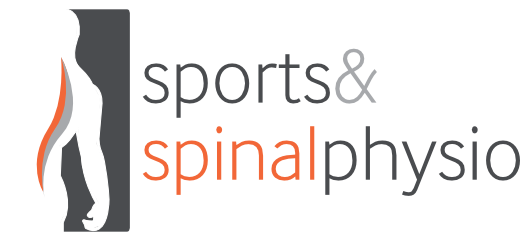News & Blog
Muscle Stretching – more harm than good?
Stretching we all do it, but is it really necessary? Stretching became very fashionable in the 1980’s, there wasn’t a fitness programme or video that didn’t advocate it. But does it work and do we really benefit from it?
What we do know is that static stretching for less than 40-60 seconds is a waste of time! Your muscle has built in stretch receptors that need to switch off to allow the muscle to relax and lengthen and it takes approximately 40 seconds for this to take place. Static stretching will make muscles longer, eventually and if done enough. However some research suggests that you have to stretch for up to 30 minutes a day to achieve this!
So is stretching actually good for us? Lets take a good old fashioned stretch – “touching our toes”. This can be done in standing or sat on the floor with our legs out in front. Yes you feel a stretch in the back of your legs but what else is happening? Well once the hamstrings have reached their full stretch you begin to stretch your lower back, gluteal (buttock) muscles and most definitely your sciatic nerve (this is the burning feeling you get down the back of your leg). incorrect or over enthusiastic stretching can place the joint capsule, ligaments and nerves under too greater stretch and lead to injury or further irritation of injury.
The key to safe and effective stretching is to control the body areas above and below the target stretch zone (desired muscle). A good stretching technique that we use in the clinic to safely stretch muscle is called an Active Inhibitory Re-stabilisation technique; watch this video to see how you can safely stretch your hamstrings and not hurt your back in the process . This type of stretch controls the body parts above (pelvis and spine) and below (knee and foot) the muscle and brings about reciprocal relaxation of the opposite muscle groups to allow lengthening of the target muscle.
In the clinic we use other methods to lengthen muscles this might include trigger point therapy (release of the tight knots that cause a muscle to shorten) or myofascial release (soft tissue massage techniques) more on these another time.
If you have a question regarding this or any other topic please email us info@sportsandspinalphysio.co.uk or call us on 01277 219553
